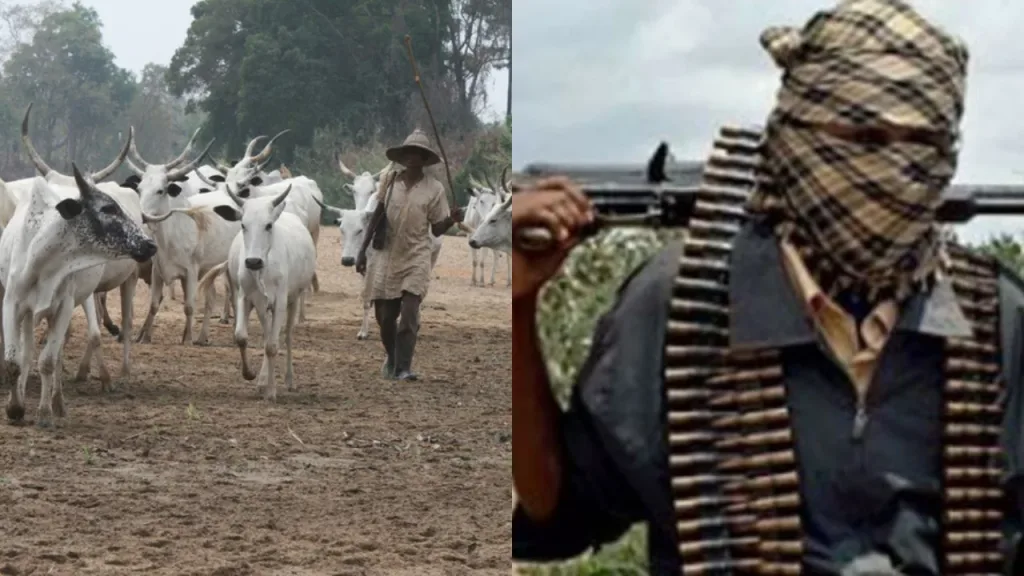Tensions flared in southern Nigeria’s Delta State following the killing of a local farmer, Ayo Abuneke, in a violent altercation with cattle herders. The incident occurred in Jesse Community, part of the Ethiope-West region, where clashes between farmers and herders over land use have escalated in recent years.
Abuneke was reportedly working on his farm when he confronted a group of armed herders, locally described as Fulani, who were allegedly destroying his crops. Witness accounts suggest the confrontation turned deadly after the herders drew weapons, including daggers, and fatally attacked him. The victim’s son, who accompanied him, narrowly escaped the assault and alerted nearby residents.
Local sources indicate heightened fears of retaliatory violence, prompting Hausa-speaking residents—many of whom are unrelated to the incident—to flee the area. Community youths have reportedly threatened reprisals against northern Nigerians, reflecting the risk of broader ethnic tensions. Authorities have yet to issue an official statement, though police are likely investigating the killing.
The attack underscores Nigeria’s persistent farmer-herder conflicts, often rooted in competition over fertile land, water access, and grazing rights. Such disputes have claimed thousands of lives nationwide, particularly in central and southern regions where agriculture drives local economies. Federal efforts to implement grazing reserves and mediation frameworks have seen limited success, with sporadic violence continuing to destabilize rural communities.
In Jesse, residents described Abuneke as a respected community member known for advocating peaceful resolutions to land disputes. His death has left many questioning the efficacy of regional security measures. “This wasn’t just a personal loss—it’s a blow to every farmer here trying to protect their livelihood,” said a neighbor, who requested anonymity for safety reasons.
The broader implications of this incident highlight Nigeria’s struggle to balance resource rights and intercommunal relations. While advocacy groups urge dialogue and accountability, unchecked retaliatory threats risk deepening divisions. For now, Jesse Community remains on edge, with humanitarian organizations monitoring displacement concerns and calling for de-escalation. Local leaders emphasize the need for law enforcement intervention to prevent further bloodshed in a region already grappling with the human and economic toll of recurring clashes.
